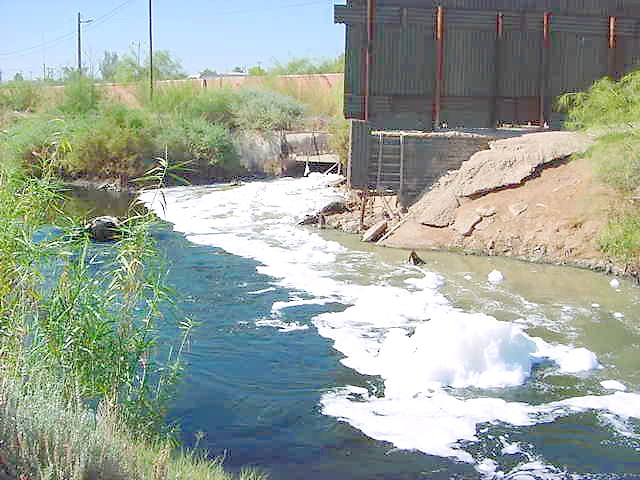How To Help Prevent Surface Water Contamination

According to the environmental protection agency, or EPA, surface water contamination is a big deal. When the surface water of a lake, an ocean, bay or even reservoir becomes contaminated, it can wind up affecting an entire community. This is exactly why it is so important to prevent contamination in the first place. What is surface water contamination? Basically, it is contamination that affects only the surface of the water, which has runoff from a drainage pipe. The surface water is basically the new water or moisture that has been added to the existing body of water. If the runoff has come from pipes, the surface water may be contaminated with rust or other harmful minerals. If the runoff has come from affected soil, there may be bacteria. Fortunately, there are a number of ways to protect and prevent these bodies of water so that contaminated surface water isn’t a problem. Here are some ways that you can help prevent surface water contamination.
